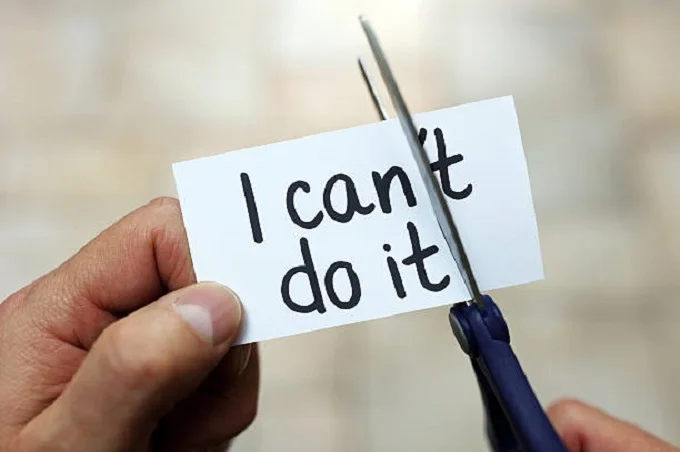What is self-realization and how to cope with the feeling that you have not achieved anything

The satisfaction of various needs and disclosing one’s own potential is called self-realization. This process lasts a lifetime and motivates us to improve. But many people face a feeling of derealization, which is caused by both external and internal factors. In this article, we will understand what self-realization is and how to help yourself determine your life goals and realize them.
What is self-realization?
The need for self-realization is one of the strongest human needs. But all people see the ideal life differently and strive for different heights. Some have enough momentary joys; others want to improve their lives every day and make every effort to change for the better.
And normally, we all have different views on life, goals, and standards. This determines our individuality. For some, the question of self-realization is the accumulation of wealth and a successful career. Others value their comfort above all, and still, others want to find a family.
In a general sense, self-realization is understood as active work on disclosing one’s abilities and potential. Moreover, the skills and knowledge necessary for implementation are not always available to a person from birth. Most often, they need to be developed through hard work.
To get the latest stories, install our app here
Regardless of how you try to realize your potential, you will face difficulties on the way more than once. They can unsettle you and make you feel disconnected from the world, insignificant and unrealized.
How to deal with the feeling of derealization
Fear of disapproval, avoidance of any risk, unformed personal boundaries: these and other factors undermine your self-esteem.
Self-doubt and self-confidence negatively affect life. If you always think that other people are more important and interesting, it’s time to start fighting bad thoughts. Below are some tips that will help you cope with the feeling of derealization and concentrate on your successes.
1. Understand what you want from life
Sometimes to get rid of the feeling of derealization, it’s enough just to understand what you expect from life. Determine which things make you truly happy and which darken. Try to understand what steps you need to take to achieve the desired result.
Write out all the tasks on a piece of paper for the near future. Try not to set global goals. Clear formulations and time frames will allow you to understand better how to act.
2. Stop comparing yourself to other people
Constantly comparing yourself with someone, you risk falling into depression. Dissatisfaction with life, stress, anxiety, irritation, and other negative emotions prevent you from developing.
Learn to create your standards of happiness and beauty, listen to your inner voice more often and develop critical thinking. So you can understand what things are valuable in your life and learn to accept yourself with all the pros and cons.
To get the latest stories, install our app here
3. Fight perfectionism
To get rid of the feeling of derealization, you need to start a stubborn struggle with perfectionism. Increased attention to detail and constant striving for perfection can lead to emotional burnout.
To get rid of perfectionism, you need to learn to focus your attention on the process and the main tasks. Try to perceive failures not as a global collapse but as an opportunity to draw conclusions and improve skills.
4. Give up prejudice
Prejudices and categorical regarding various issues are based on cultural cliches and false judgments. The latter is firmly rooted in our consciousness. And stereotypes prevent us from forming an adequate picture of the world.
A person subject to prejudice often sets unrealistic goals and objectives. He compares himself with other people and tries to match their ideas. To get the latest stories, install our app here
5. Identify your strengths and weaknesses
It is not easy to identify your weaknesses on your own. But the ability to objectively evaluate yourself will help you figure out what qualities and skills you need to develop. Only by honestly admitting to yourself your fears, mistakes, and disadvantages will you be able to understand how to deal with them.
Having clearly defined your strengths, you will understand in which direction you need to move in order to realize your potential. Self-knowledge and an objective assessment of opportunities will help you cope with current difficulties more easily, analyze mistakes, and benefit from them.




